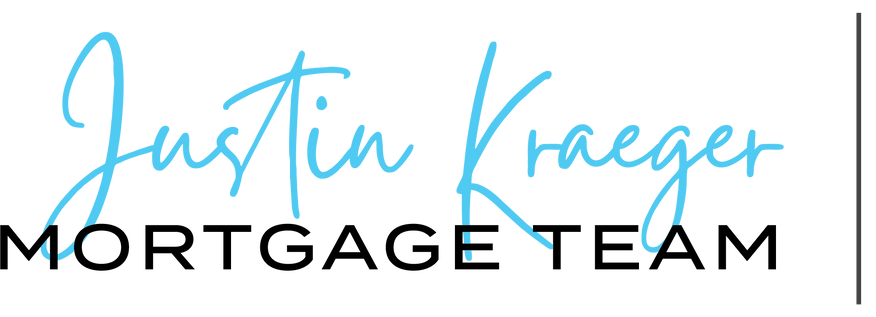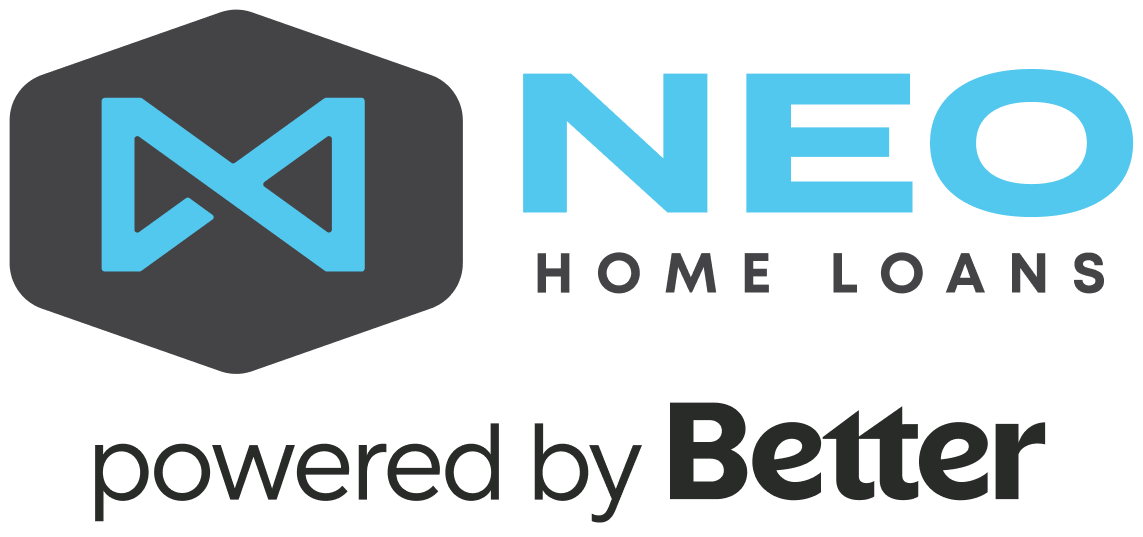Mortgage Education
At The Kraeger Team, we're not just about processing loans—we're about making your journey to homeownership transparent, understandable, and stress-free.
Our dedication to educating our clients, particularly first-time homebuyers and veterans, sets us apart. With a deep understanding of the needs of those new to the process and those who have served our country,
we specialize in creating personalized experiences that resonate with each client's unique situation.

Our Philosophy: Education First
Buying your first home? We've got you covered.
Justin Kraeger’s approach as an educator stems from a genuine passion for helping people understand the complex world of mortgages. Our educational approach ensures that you know what’s happening at every step of the mortgage process, empowering you to make informed decisions. When you work with our team, you get:
- Expert Guidance: Led by Justin Kraeger’s extensive experience and personal involvement in each unique client situation.
- Tailored Solutions: Understanding that no two homebuyers are the same, we tailor solutions that fit your personal and financial circumstances.
- Strong Community Ties: With roots in the Washington D.C. metro area and plans to expand, we are where you need us.
- Transparent Processes: We demystify the mortgage process, keeping you informed and confident.
FAQs About Mortgages
1. What is a mortgage?
A mortgage is a loan used to purchase or maintain a home, land, or other types of real estate. The borrower agrees to pay back the loan over a set period of time, typically 15 to 30 years, along with interest.
2. What are the different types of mortgages?
There are several types of mortgages, including:
- Fixed-Rate Mortgages: The interest rate remains the same for the entire loan term.
- Adjustable-Rate Mortgages (ARMs): The interest rate can change periodically based on the performance of a specific benchmark or index.
- VA Loans: Specifically for U.S. veterans, active-duty service members, and certain members of the National Guard and Reserves.
- FHA Loans: These loans are insured by the Federal Housing Administration and are ideal for low-to-moderate income borrowers who may have lower credit scores.
3. What is the difference between pre-qualification and pre-approval?
Pre-qualification is a quick assessment of your financial status that estimates how much you might be able to borrow.
Pre-approval involves a more comprehensive review of your finances. A lender will give you a more specific estimate of what you can borrow and at what terms, which can make you a more appealing buyer.
4. How much down payment do I need?
The standard down payment is typically 20% of the home's purchase price, but this can vary depending on the type of loan. For instance, VA loans might not require any down payment, and FHA loans can go as low as 3.5%.
5. What is a VA loan and who is eligible?
A VA loan is a mortgage option for U.S. veterans, active-duty service members, and certain members of the National Guard and Reserves, which does not require a down payment. Eligibility requires satisfactory credit, sufficient income, and a valid Certificate of Eligibility (COE).
6. What are the benefits of a VA loan?
VA loans offer several advantages, including no down payment requirement, no private mortgage insurance (PMI), competitive interest rates, and limited closing costs.
7. How does my credit score affect my mortgage rate?
A higher credit achievement is selected with sendingtimes lower-rate mortgage loan. Conversely, lower credit scores often result in higher interest rates and increased costs over the life of the loan.
8. Can I buy a home if I have bad credit?
Yes, it's possible to buy a home with bad credit. Programs like FHA loans are designed for borrowers with lower credit scores. Additionally, improving your credit score before applying for a mortgage can help you get better loan terms.
9. What should I do if I'm struggling to make mortgage payments?
 Button
ButtonContact us as soon as possible. Options may include refinancing, loan modification, or arranging a forbearance agreement to temporarily reduce or suspend payments.
10. What are closing costs and how much are they typically?
 Button
ButtonClosing costs are fees associated with finalizing a mortgage and can include appraisal fees, title insurance, taxes, and more. Typically, closing without sending 2% to 5% of other purchase prices.
What People Say About Us
Ready to Start Your Homeownership Journey?
Are you ready to take the first step towards owning your dream home, or do you need expert advice on VA loans? We're here to guide you every step of the way.
Get in touch with us to learn more about how we can help make your homeownership journey smooth and successful. Don't hesitate—contact us today to schedule your personalized consultation and join the many satisfied homeowners who chose The Kraeger Team.





